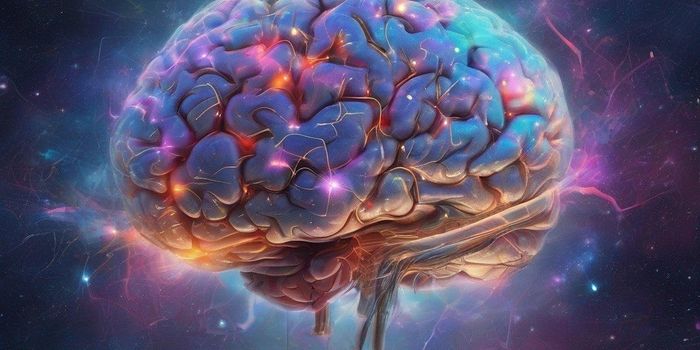What causes severe early infant epilepsy? Scientists at Karolinska Institutet and Karolinska University Hospital in Sweden believe that mutations in the gene encoding the protein KCC2 might be responsible for the disease, confirming an earlier theory. The findings were published in the journal Nature Communications and reported in
Drug Discovery & Development.

Gene mutations cause severe early infant epilepsy.
Image Credit: Shutterstock
Large-scale genetic analyses of a family with two affected children at SciLifeLab in Stockholm identified mutations in the gene encoding the transport protein KCC2. Collaborating with scientists at the University College London, the researchers identified another family with children carrying mutations in the same gene. Two of the children in each family exhibited similar symptoms connected to a severe variant of infant epilepsy with Migrating Partial Seizures of Infancy (MPSI).
As Anna Wedell, senior physician at Karolinska University Hospital and professor at the Department of Molecular Medicine and Surgery at Karolinska Institutet, explained, "Epilepsy occurs in many different forms. Earlier associations with KCC2 have been observed, such as a down-regulation of the protein after brain damage that increases the tendency for seizures, but firm evidence for this disease mechanism has been lacking so far. Through our discovery we have been able to prove that a defective function of the KCC2 protein causes epilepsy and hence that an imbalance in the brain's chloride ion regulation system can be the reason behind the disease. The next step is to investigate to which extent this imbalance occurs in more common variants of epilepsy."
KCC2 makes up a chloride channel specifically localized in the brain. It has demonstrated that it plays an important role in synaptic inhibition by maintaining a low concentration of chloride ions inside the neurons. Usually, the amount of KCC2 increases shortly after birth, which causes the signal substance GABA to switch from being stimulating to being inhibitory.
According to Dr. Wedell, "Mutations in the gene encoding KCC2 prevent this switch, which makes GABA remain stimulatory, incapable of inhibiting the signals of the brain. The neurons then discharge at times, when they normally should not, giving rise to epilepsy."
By conducting detailed investigations of cells expressing both the normal and the mutated forms of KCC2, the scientists showed that the identified mutations disrupted chloride ion regulation and that an imbalance in this system causes severe infant epilepsy, a potentially treatable disease.
Dr. Wedell concluded, "Clinical trials are ongoing with a drug that, if successful, will compensate for the disrupted regulation and ameliorate the disease in small children with epilepsy.”









